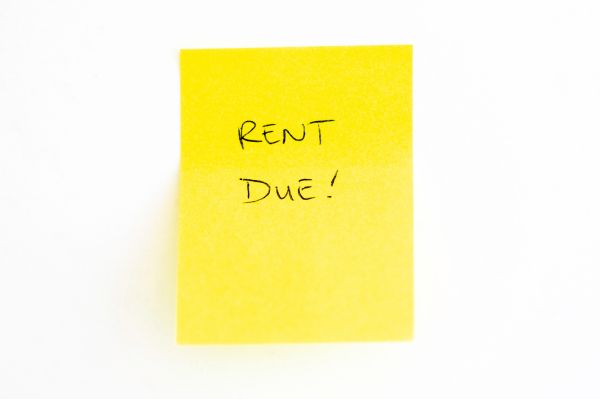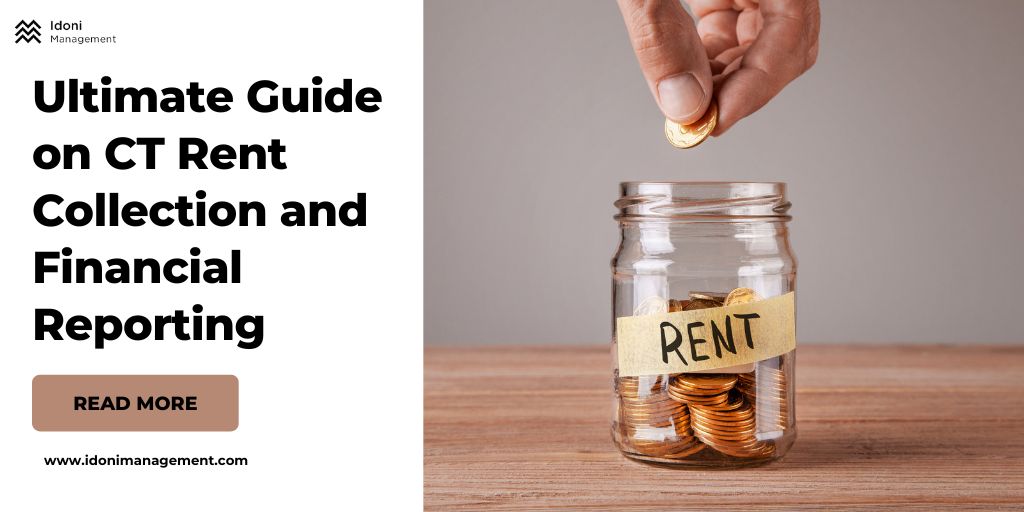Step into the world of being a landlord in the charming Constitution State, where we’re not just delivering information; we’re your trusted ally on this exciting journey. Managing properties in Connecticut is a unique adventure, and together, we’ll navigate the twists and turns, especially when it comes to the art of rent collection and mastering your finances.
Think of this guide as your helpful friend – always there to support and provide the information you need to make sure your rental business not only stays afloat but grows smoothly. So, buckle up and join us as we embark on this collaborative journey, unwrapping the secrets that will empower you to become a true master in the art of navigating the ins and outs of rental property management companies in CT.
Navigating CT Rent Collection Rules
Let’s start by decoding Connecticut’s rules for rent collection. Know the dates, understand late fees, and get familiar with the steps to take when payments are overdue. Following these regulations ensures you stay on the right side of the law and maintain a hassle-free rent collection process.
1. Unlocking Rent Due Dates
Connecticut sets the stage with specific guidelines on when rent is due. By understanding these dates, you’re not just complying with regulations; you’re establishing clear expectations with your tenants. This knowledge not only ensures compliance but also fosters a transparent and cooperative landlord-tenant relationship.
2. Decoding Late Fees
Late fees can be a sensitive subject. In Connecticut, it’s essential to comprehend the permissible limits and conditions for imposing late fees. This knowledge empowers you to enforce rules fairly, maintaining a balance between your financial interests and fostering positive tenant relations.
3. Navigating Overdue Payments

Even with the best intentions, late payments can occur. Connecticut provides a structured framework for addressing overdue payments. Familiarize yourself with the legal steps to take in such situations, allowing you to navigate challenges confidently and within the bounds of the law.
Smart Strategies for Rent Collection
Collecting rent doesn’t have to be complicated. Let’s explore some easy and effective ways to ensure your rental business runs smoothly:
- Traditional Paper Methods
Checks and Money Orders: The age-old method of receiving rent payments through checks or money orders. While it may seem traditional, it’s still a reliable choice for many.
- Modern Online Platforms
Digital Transactions: Embrace the power of technology by using online platforms for rent collection. This not only provides convenience for both you and your tenants but also ensures a faster and more secure transaction process.
- Bank Transfers
Direct Debits and Bank Transfers: Set up automatic payments through direct debits or bank transfers. This hands-free approach ensures that rent is consistently collected on time without manual intervention.
- Mobile Payment Apps
Convenient Mobile Apps: Explore the world of mobile payment applications that allow tenants to make payments with just a few taps on their smartphones. It’s a quick and user-friendly option gaining popularity in today’s digital age.
- Automated Reminders
Timely Reminders: Implement automated reminders to gently nudge tenants about upcoming rent payments. This helps avoid late payments and fosters a transparent and communicative relationship.
Financial Reporting in Connecticut for Landlords


Financial reporting and management are critical for the sustainability of rental properties. In Connecticut, property taxes and maintenance costs represent significant portions of rental property expenses. The average property tax rate in Connecticut, one of the highest in the nation, stands at 2.14% of a property’s assessed value, impacting financial planning and reporting for landlords. Implementing effective Budgeting Strategies for Managers is essential for property managers to navigate these expenses successfully.
Record-Keeping Requirements
Maintain detailed records of all financial transactions, including rent payments, maintenance costs, and security deposits. Connecticut law requires landlords to keep these records for a minimum period, often several years, to comply with tax regulations and potential legal audits.
Reporting Income and Expenses
The complexity of tax regulations in Connecticut, with multiple local and state taxes, requires a thorough understanding and accurate reporting. For instance, rental income is subject to state income tax, which has a top rate of 6.99%, necessitating careful financial planning.
- Organizing Your Income:
Start by keeping a clear record of the money your rental property brings in. This includes rent payments from tenants, any additional fees, or income from other sources related to your property. We’ll guide you on creating a straightforward system to ensure you capture all income accurately.
- Tracking Your Expenses:
Equally important is keeping tabs on what you spend to maintain and manage your property. From maintenance costs to property management fees, we’ll help you categorize and organize your expenses efficiently. This step ensures you have a clear picture of where your money is going.
Regular Audits
Regular financial audits can help identify discrepancies, optimize operations, and ensure compliance with Connecticut’s laws. Whether conducted internally or by external professionals, audits are a critical component of effective financial management.
Conclusion
Navigating rent collection and financial reporting in Connecticut’s dynamic real estate market can be challenging. However, with the right strategies and an understanding of local laws, property managers and landlords can significantly enhance their operations. Idoni Management is committed to providing exceptional property management services in the Connecticut region, ensuring our clients and their tenants experience the best possible outcomes.
By adhering to these guidelines and leveraging professional property management services, you can optimize your property investment’s profitability and legal compliance. Stay informed, stay compliant, and let Idoni Management help you achieve success in the Connecticut real estate market. If you have any questions or need assistance, feel free to contact us or give us a call at (203) 244-7379.





